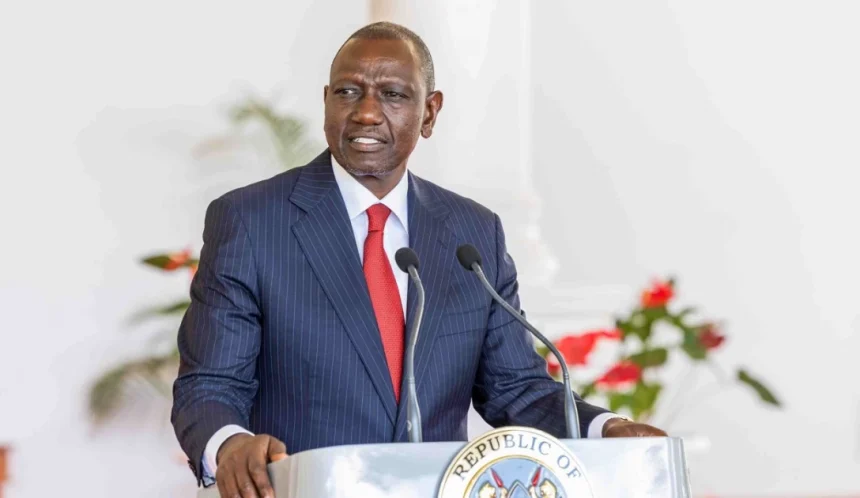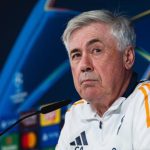President William Ruto has raised concerns about the relevance of the United Nations Security Council’s structure within the current peace and security framework.
In a keynote address at Peking University during his state visit to China, Ruto criticized the permanent members of the Council for ‘living in denial and resisting necessary reforms’.
He argued that the Security Council’s legitimacy is deteriorating and called its relevance into question.
Ruto stated, “No circumstance other than the post-war situation would have made the current structure of the UN—and particularly the UN Security Council—an acceptable peace and security architecture.”
He implied that the Council, once a symbol of peace and diplomacy, has seen its integrity compromised, noting that one permanent member is currently invading another country, while another takes sides in conflicts that contradict the Council’s own resolutions.
United Nations Secretary-General Antonio Guterres had in August last year called for changes to the “outdated structure” of the Security Council, emphasizing the need for Africa to secure a permanent seat, given its underrepresentation in global decision-making.
The permanent members of the Security Council—commonly referred to as the P5—include China, France, Russia, the United Kingdom, and the United States.
Ruto’s address also touched on multiple crucial issues, including climate change, global financial architecture, and international trade.
“While the language of international trade is framed on issues of trade between countries, much of trade now occurs within international supply chains of global cooperations. Actual trade flows are captured in export and import data provide a very limited, maybe even distorted view of international trade.”
On education, he praised China’s scholarship programs and expressed enthusiasm for partnerships in Science, Technology, Engineering, and Mathematics (STEM) fields, as well as the creative economy.
During his speech, he highlighted the challenges posed by climate change, inadequate financing for development, and a recurring global debt crisis.
He emphasized that while Africa contributes the least to global emissions, it bears the greatest burden of climate impacts, advocating for urgent climate action and conservation initiatives.
However, he underscored that sometimes national interests hinder progress, accusing some countries in the global north of neglecting their responsibilities towards the environment.
Additionally, Ruto lamented the intensifying global trade war and called for reforms in the global financial system to level the playing field, thereby fostering opportunities for future growth and collaboration.



